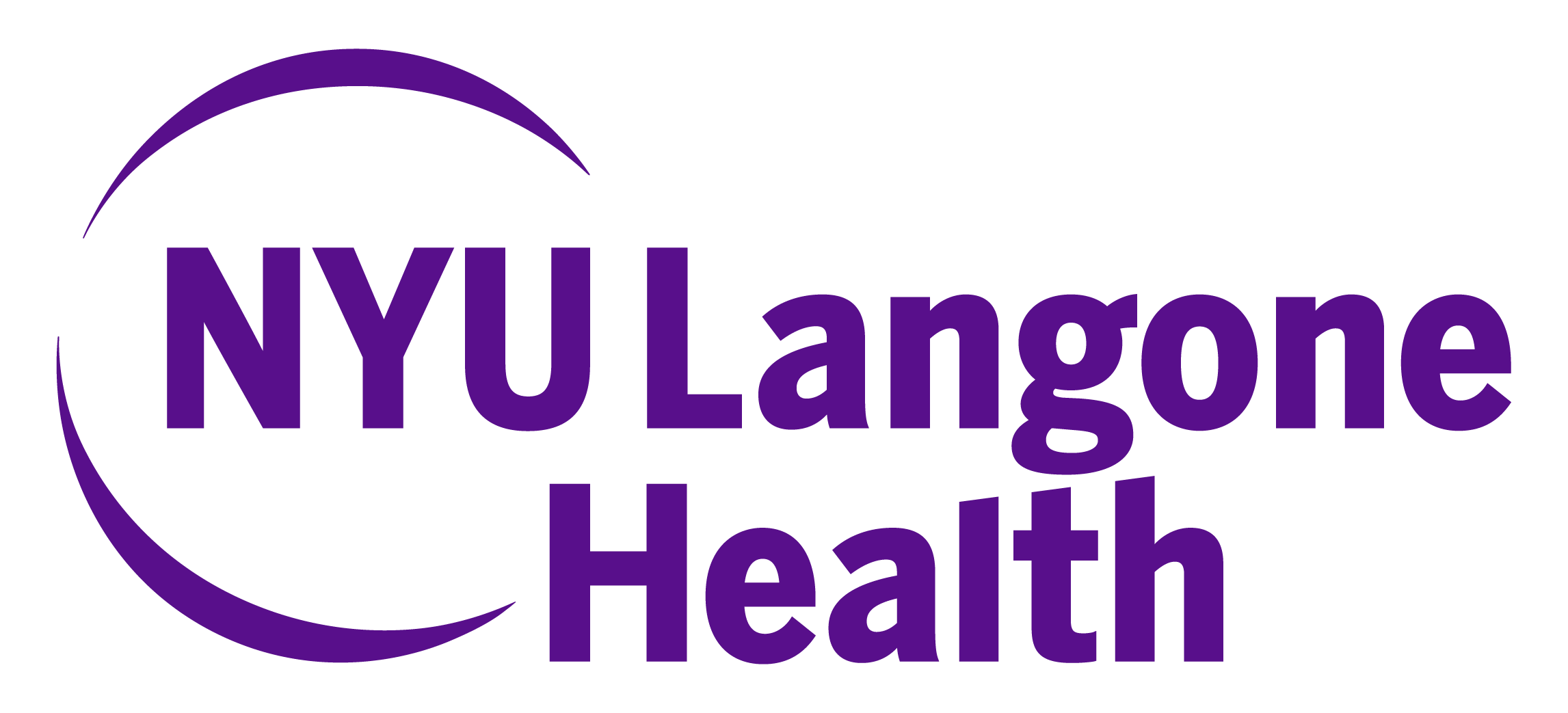- Advertise
- About OncLive
- Editorial Board
- MJH Life Sciences brands
- Contact Us
- Privacy
- Terms & Conditions
- Do Not Sell My Information
2 Clarke Drive
Suite 100
Cranbury, NJ 08512
© 2025 MJH Life Sciences™ and OncLive - Clinical Oncology News, Cancer Expert Insights. All rights reserved.
Dr. Weber on Adjuvant Approaches in Stage III Melanoma
Jeffrey S. Weber, MD, PhD, discusses adjuvant approaches in stage III melanoma.
Jeffrey S. Weber, MD, PhD, deputy director and co-director of the melanoma program, NYU Langone’s Perlmutter Cancer Center, 2016 Giant of Cancer Care® in Melanoma, discusses adjuvant approaches in stage III melanoma.
Dabrafenib (Tafinlar) and trametinib (Mekinist) was the first BRAF/MEK combination that was approved for patients with metastatic melanoma. The combination showed a significantly prolonged survival compared with single-agent dabrafenib or vemurafenib (Zelboraf). Subsequently, the combination of vemurafenib and cobimetinib (Cotellic) was approved in the metastatic setting. The combination of encorafenib (Braftovi)and binimetinib (Mektovi) is also approved in the metastatic setting. The phase III COMBI-AD trial was the first trial that evaluated these drugs in the adjuvant setting.
The double-blind, placebo-controlled trial enrolled 870 patients with resected, stage III melanoma who harbored BRAF V600E or V600K mutations. Patients were randomized to the combination of dabrafenib and trametinib or two matched placebo tablets. The estimated 3-year rate of relapse-free survival was 58% in the combination arm versus 39% in the placebo arm (HR, 0.47; 95% CI, 0.39-0.58; P <.001). The 3-year overall survival rate was 86% in the combination arm versus 77% in the placebo arm (HR, 0.57; 95% CI,0.42-0.79; P =.0006).
The most common reason for treatment discontinuation was the occurrence of adverse events and disease recurrence in the combination and placebo arms, respectively. Regardless, dabrafenib and trametinib is a beneficial treatment for patients with resected, stage III melanoma, concludes Weber.


